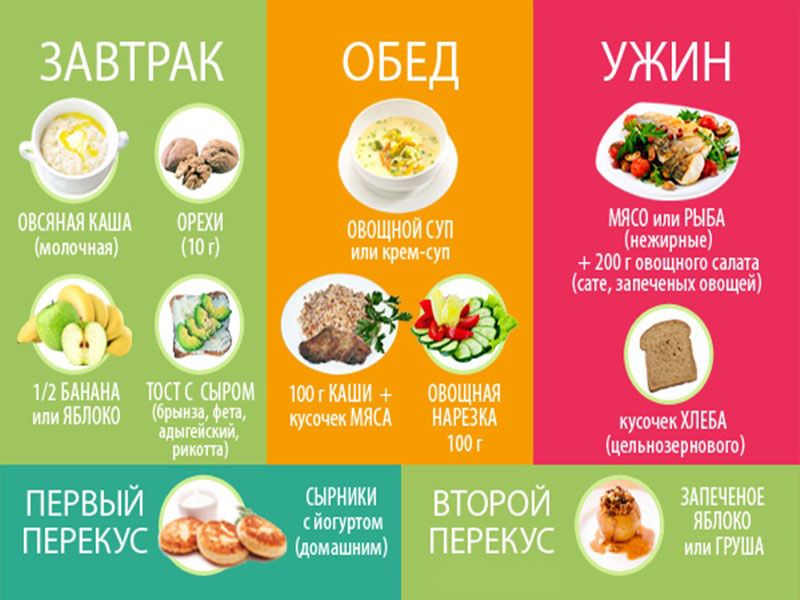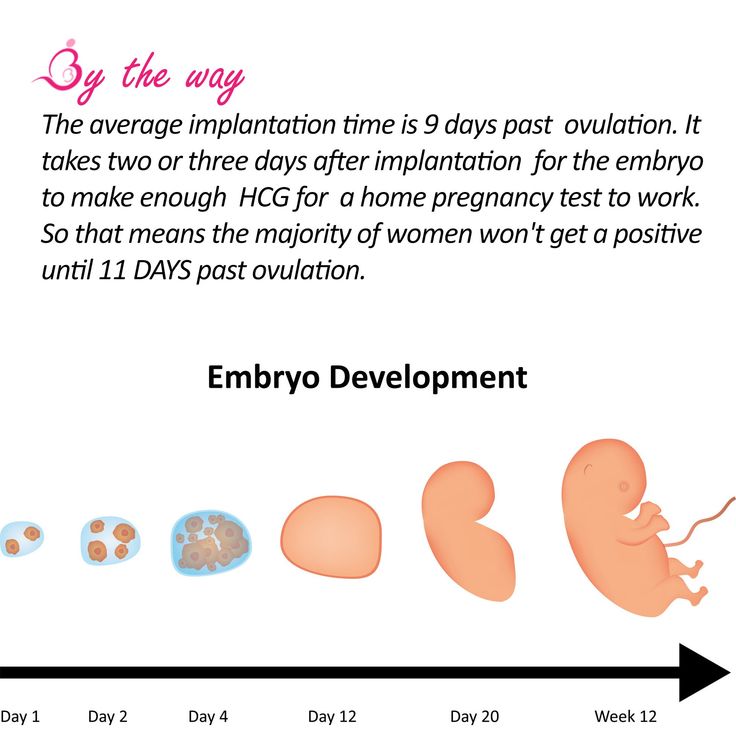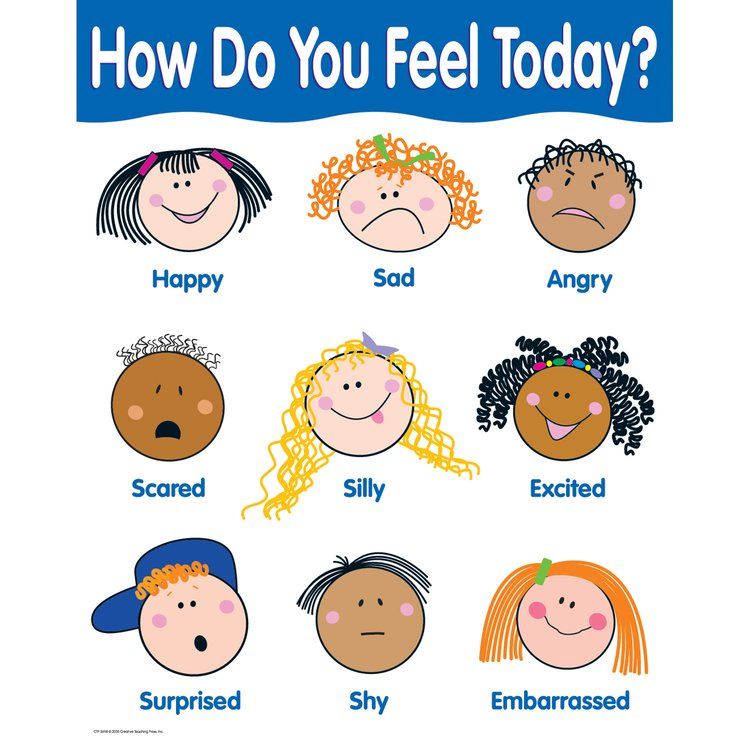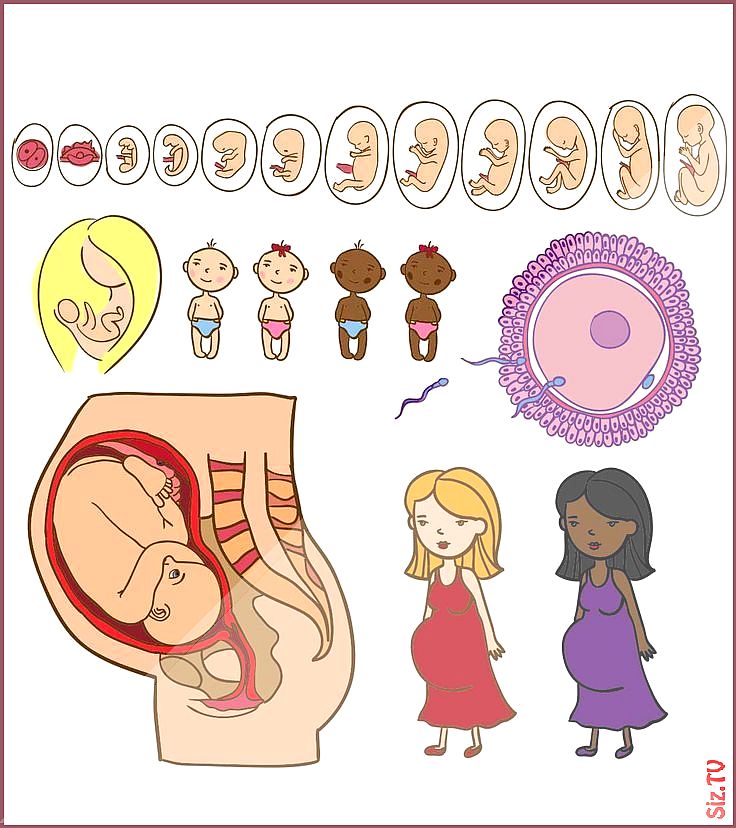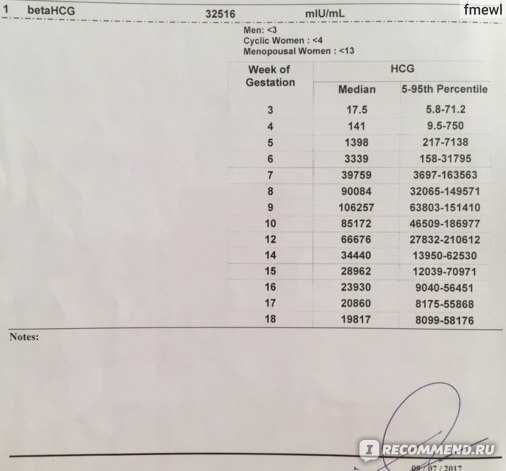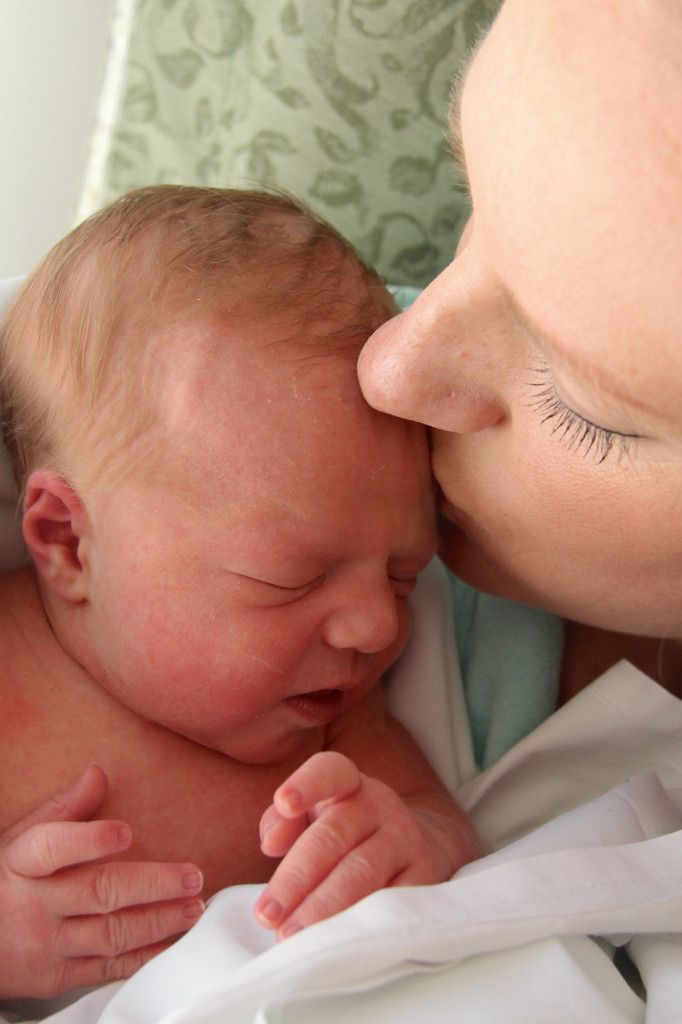How caffeine affects pregnancy
Moderate daily caffeine intake during pregnancy may lead to smaller birth size
You are here
Home » News & Events » News Releases
News Release
Thursday, March 25, 2021
Pregnant women who consumed the caffeine equivalent of as little as half a cup of coffee a day on average had slightly smaller babies than pregnant women who did not consume caffeinated beverages, according to a study by researchers at the National Institutes of Health. The researchers found corresponding reductions in size and lean body mass for infants whose mothers consumed below the 200 milligrams of caffeine per day — about two cups of coffee — believed to increase risks to the fetus. Smaller birth size can place infants at higher risk of obesity, heart disease and diabetes later in life.
The researchers were led by Katherine L. Grantz, M.D., M.S., of the Division of Intramural Population Health Research at NIH’s Eunice Kennedy Shriver National Institute of Child Health and Human Development. The study appears in JAMA Network Open.
“Until we learn more, our results suggest it might be prudent to limit or forego caffeine-containing beverages during pregnancy,” Dr. Grantz said. “It’s also a good idea for women to consult their physicians about caffeine consumption during pregnancy.”
Previous studies have linked high caffeine consumption (more than 200 milligrams of caffeine per day) during pregnancy to infants being small for their gestational age (stage of pregnancy) or at risk for intrauterine growth restriction—being in the lowest 10th percentile for infants of the same gestational age. However, studies on moderate daily caffeine consumption (200 milligrams or less) during pregnancy have produced mixed results. Some have found similar elevated risks for low birth weight and other poor birth outcomes, while others have found no such links. The current study authors noted that many of the earlier studies did not account for other factors that could influence infant birth size, such as variation in caffeine content of different beverages and maternal smoking during pregnancy.
For their study, the authors analyzed data on more than 2,000 racially and ethnically diverse women at 12 clinical sites who were enrolled from 8 to 13 weeks of pregnancy. The women were non-smokers and did not have any health problems before pregnancy. From weeks 10 to 13 of pregnancy, the women provided a blood sample that was later analyzed for caffeine and paraxanthine, a compound produced when caffeine is broken down in the body. The women also reported their daily consumption of caffeinated beverages (coffee, tea, soda and energy drinks) for the past week—once when they enrolled and periodically throughout their pregnancies.
Compared to infants born to women with no or minimal blood levels of caffeine, infants born to women who had the highest blood levels of caffeine at enrollment were an average of 84 grams lighter at birth (about 3 ounces), were .44 centimeters shorter (about .17 inches), and had head circumferences .28 centimeters smaller (about .11 inches).
Based on the women’s own estimates of the beverages they drank, women who consumed about 50 milligrams of caffeine a day (equivalent to a half cup of coffee) had infants 66 grams (about 2. 3 ounces) lighter than infants born to non-caffeine consumers. Similarly, infants born to the caffeine consumers also had thigh circumferences .32 centimeters smaller (about .13 inches).
3 ounces) lighter than infants born to non-caffeine consumers. Similarly, infants born to the caffeine consumers also had thigh circumferences .32 centimeters smaller (about .13 inches).
The researchers noted that caffeine is believed to cause blood vessels in the uterus and placenta to constrict, which could reduce the blood supply to the fetus and inhibit growth. Similarly, researchers believe caffeine could potentially disrupt fetal stress hormones, putting infants at risk for rapid weight gain after birth and for later life obesity, heart disease and diabetes.
The authors concluded that their findings suggest that even moderate caffeine consumption may be associated with decreased growth of the fetus.
About the Eunice Kennedy Shriver National Institute of Child Health and Human Development (NICHD): NICHD leads research and training to understand human development, improve reproductive health, enhance the lives of children and adolescents, and optimize abilities for all.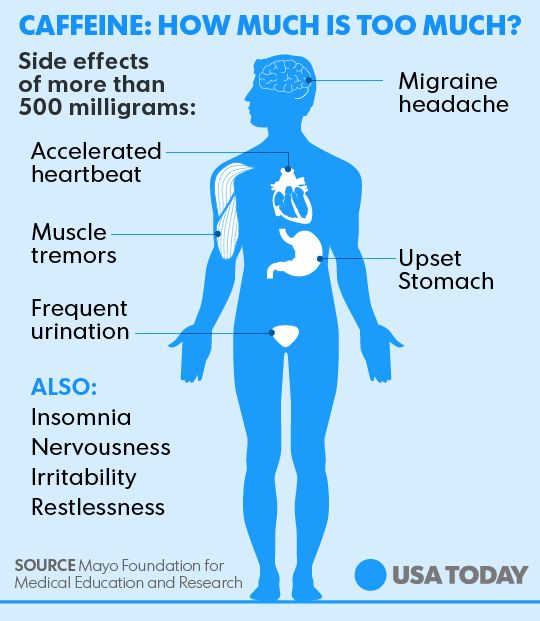 For more information, visit https://www.nichd.nih.gov.
For more information, visit https://www.nichd.nih.gov.
About the National Institutes of Health (NIH): NIH, the nation's medical research agency, includes 27 Institutes and Centers and is a component of the U.S. Department of Health and Human Services. NIH is the primary federal agency conducting and supporting basic, clinical, and translational medical research, and is investigating the causes, treatments, and cures for both common and rare diseases. For more information about NIH and its programs, visit www.nih.gov.
NIH…Turning Discovery Into Health®
References
Gleason, JL et al. Maternal caffeine consumption and metabolism and neonatal anthropometry in the NICHD Fetal Growth Studies. JAMA Network Open. 2021. doi:10.1001/jamanetworkopen.2021.3238
###
Connect with Us
- Contact Us
- YouTube
- Flickr
Caffeine Intake During Pregnancy | American Pregnancy Association
Caffeine is one of the most loved stimulants in America.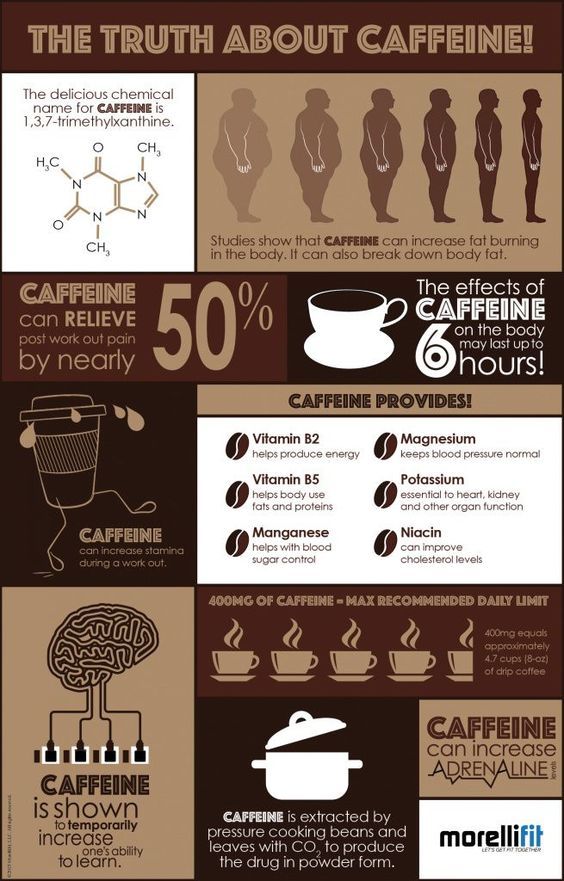 But Because caffeine can raise blood pressure, pregnant women should limit caffeine during pregnancy.
But Because caffeine can raise blood pressure, pregnant women should limit caffeine during pregnancy.
Facts About Caffeine
Caffeine is a stimulant and a diuretic. Because caffeine is a stimulant, it increases your blood pressure and heart rate, both of which are not recommended during pregnancy.
Caffeine also increases the frequency of urination. This causes a reduction in your body fluid levels and can lead to dehydration.
Caffeine crosses the placenta to your baby. Although you may be able to handle the amounts of caffeine you feed your body, your baby doesn’t have the enzymes needed to metabolize caffeine.
Any amount of caffeine can also cause changes in your baby’s sleep pattern or normal movement pattern in the later stages of pregnancy. Remember, caffeine is a stimulant and can keep both you and your baby awake.
Caffeine is found in more than just coffee. Caffeine is not only found in coffee but also in tea, soda, chocolate, and even some over-the-counter medications that relieve headaches. Be aware of what you consume.
Be aware of what you consume.
Caffeine Facts or Myths?
Statement: Caffeine causes birth defects in humans
Facts: Numerous studies on animals have shown that caffeine can cause birth defects, premature labor, preterm delivery, reduced fertility, and increase the risk of low-birth-weight offspring and other reproductive problems.
There have not been any conclusive studies done on humans; however, it is still better to play it safe when it comes to inconclusive studies.
Statement: Caffeine causes infertility
Facts: Some studies have shown a link between high levels of caffeine consumption and delayed conception.
Statement: Caffeine causes miscarriages
Facts: In 2008, two studies on the effects of caffeine related to miscarriage showed significantly different outcomes. In one study released by the American Journal of Obstetrics and Gynecology, it was found that women who consume 200mg or more of caffeine daily are twice as likely to have a miscarriage as those who do not consume any caffeine.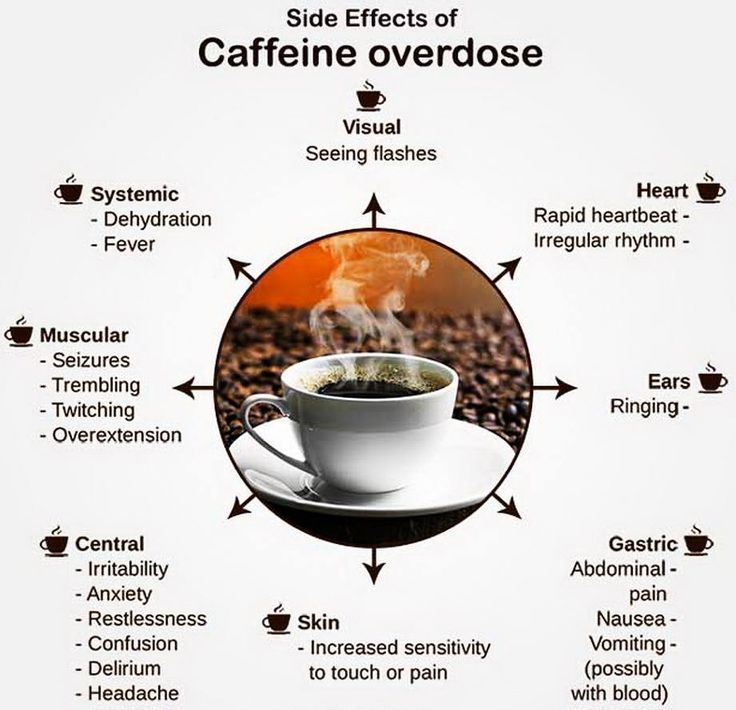
According to a 2015 meta-analysis, the risk of miscarriage rose by 19% for every increase of 150 mg per day of caffeine and by 8% for every increase of two cups of coffee per day.
In another study released by Epidemiology, there was no increased risk in women who drank a minimal amount of coffee daily ( between 200-350mg per day.)
Due to conflicting conclusions from numerous studies, the American College of Obstetricians and Gynecologists and the March of Dimes recommend that until more conclusive studies are done, pregnant women should limit caffeine intake to less than 200 mg per day. This is equal to about one 12 oz cup of coffee.
How much caffeine is in your favorite drinks & snacks?
- Coffee, average (check the specific blend & café that you purchase from for specific levels):
- Brewed, 8 oz. | 95 – 165 mg
- Brewed, decaf, 8 oz. | 2 – 5 mg
- Espresso, 1 oz. | 47 – 64 mg
- Latte, 8 oz. | 63 – 126 mg
- Dr.
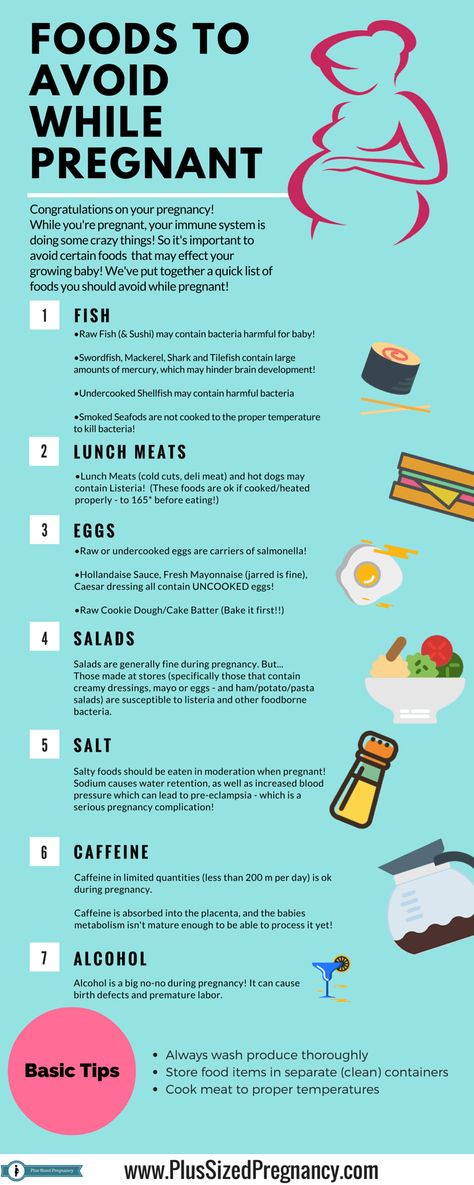 Pepper (12 oz) 37 mg
Pepper (12 oz) 37 mg - 7 Eleven Big Gulp Diet Coke (32 oz) 124 mg
- 7 Eleven Big Gulp Coca-Cola (32 oz) 92 mg
- Ben & Jerry’s Coffee Buzz Ice Cream (8 oz) 72 mg
- Baker’s chocolate (1 oz) 26 mg
- Green tea (6 oz) 40 mg
- Black tea (6 oz) 45 mg
- Excedrin (per capsule) 65mg
Avoiding caffeine as much as possible is your safest course of action. If you must get your fix, it is best to discuss this with your healthcare provider to make the healthiest choice for you and your baby.
Want to Know More?
- Herbal Tea and Pregnancy
Compiled using information from the following sources:
1. Organization of Teratology Information Services Mother To Baby
2. Williams Obstetrics Twenty-Second Ed. Cunningham, F. Gary, et al, Ch. 8.
3. https://www.marchofdimes.com
4. Maternal caffeine consumption during pregnancy and the risk of miscarriage: A prospective cohort study.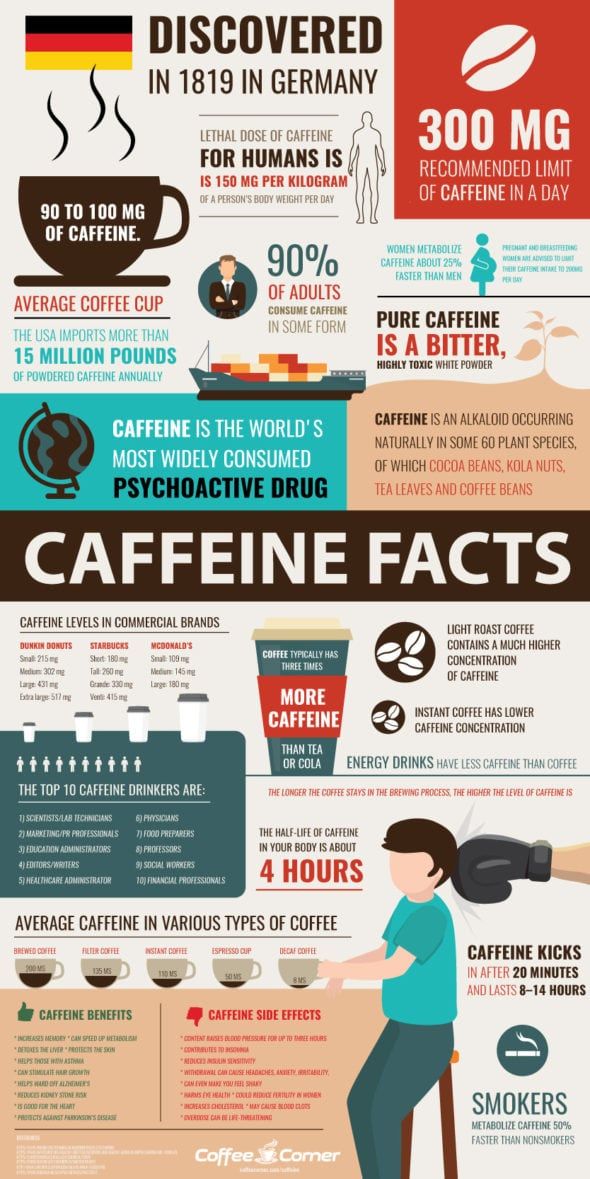 American Journal of Obstetrics and Gynecology, 198, e1-8.. Weng, X., Odouli, R. & Li, D.K. (2008).
American Journal of Obstetrics and Gynecology, 198, e1-8.. Weng, X., Odouli, R. & Li, D.K. (2008).
5. Caffeine and miscarriage risk. Epidemiology, 19 (1), 55-62. Savitz, D.A., Chan, R.L., Herring, A.H. & Hartmann, K.E. (2008).
6. The Mayo Clinic: Caffeine content in coffee, tea, soda, and more.
Fullscript: Surprising Effects And Sources of Caffeine: Why it Affects People Differently
Effects of restricted maternal caffeine intake on pregnancy, fetal and newborn outcomes
Caffeine is a stimulant found in tea, coffee, cola, chocolate and some over-the-counter drugs. Conflicting literature has made it difficult for health professionals to advise pregnant women on whether caffeine intake should be avoided during pregnancy. The clearance of caffeine from the mother's blood (clearance of caffeine from the blood) is slowed down during pregnancy. Some authors of observational studies have concluded that caffeine intake is harmful to the fetus, causing growth restriction, low birth weight, preterm labor, or stillbirth.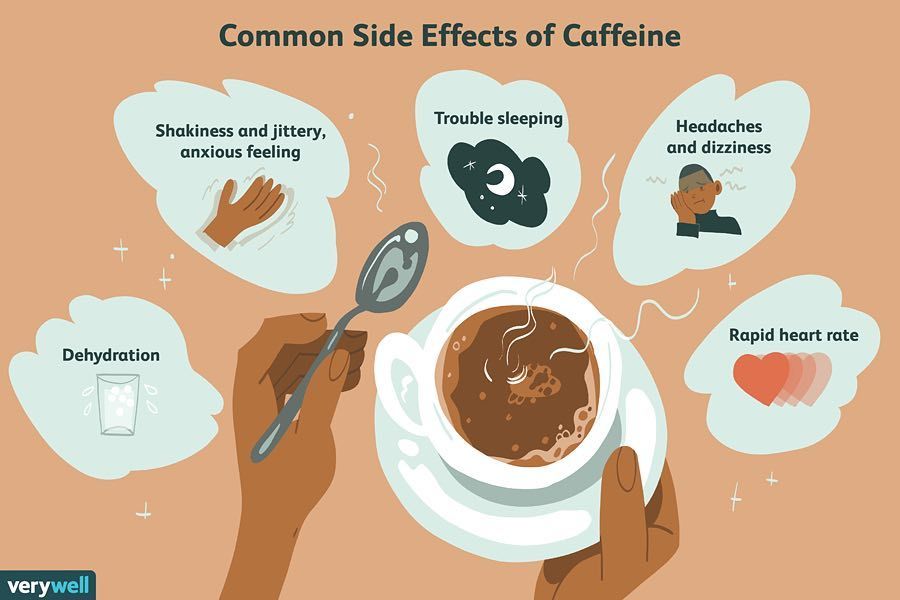 The newborn may also experience withdrawal symptoms if the mother consumes large amounts of caffeine during pregnancy (more than eight cups of coffee per day). nine0003
The newborn may also experience withdrawal symptoms if the mother consumes large amounts of caffeine during pregnancy (more than eight cups of coffee per day). nine0003
Two studies met the inclusion criteria, but only one contributed data to the outcomes of interest for the review. The study was conducted in Denmark. Women less than 20 weeks pregnant were randomized to either caffeinated instant coffee (568 women after elimination) or decaffeinated instant coffee (629 women). Three cups of coffee per day in early pregnancy had no effect on birth weight, preterm birth, or growth restriction. nine0003
Both included studies were randomized controlled trials. In one study, pregnant women were randomly assigned to caffeinated or non-caffeinated groups. In another clinical trial, it was not clear if the allocation to study groups was blinded [hidden]. The blinding of study staff and participants was satisfactory in both studies, while blinding of investigators evaluating outcomes was not clearly stated.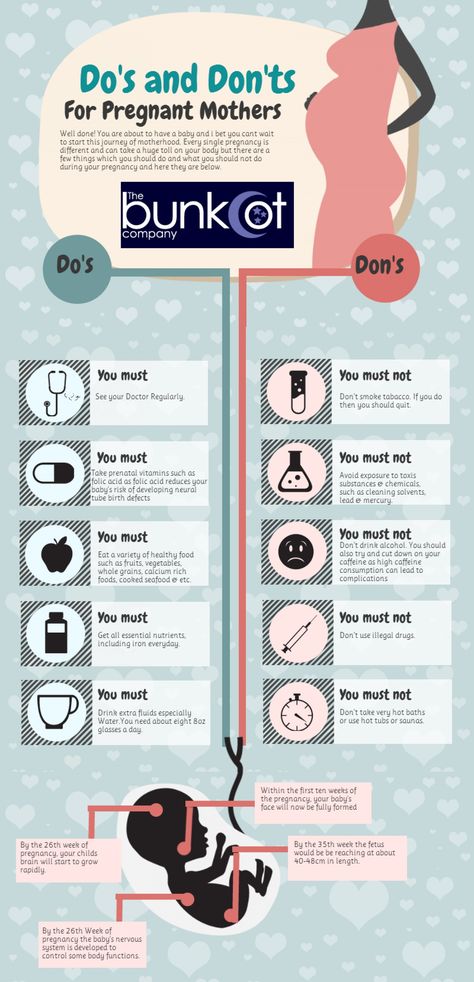 One study also unclearly explained the presence of attrition bias (dropouts, loss of patients from follow-up). Results from one trial that provided data for analysis showed no evidence of an effect of caffeine withdrawal on outcomes such as birth weight, preterm birth, and small-for-gestational age [gestational age]. nine0003
One study also unclearly explained the presence of attrition bias (dropouts, loss of patients from follow-up). Results from one trial that provided data for analysis showed no evidence of an effect of caffeine withdrawal on outcomes such as birth weight, preterm birth, and small-for-gestational age [gestational age]. nine0003
Two outcomes were assessed and assigned a quality rating using the GRADE methodology. The quality of the evidence for these two outcomes, namely birth weight and preterm birth rate, was rated as low, with downward decisions due in part to the relatively small sample sizes and wide confidence intervals of the single included trial that contributed data to this review.
There is insufficient evidence to confirm or refute the effectiveness of avoiding caffeine intake on birth weight and other pregnancy outcomes. nine0003
Translation notes:
Translation: Yudina Ekaterina Viktorovna. Editing: Ziganshina Lilia Evgenievna. Russian translation project coordination: Kazan Federal University - an affiliated center in Tatarstan of the Northern Cochrane Center. For questions related to this translation, please contact us at: [email protected]
For questions related to this translation, please contact us at: [email protected]
is it still possible or not?
June 16, 2022 12:23 Olga Muraya
There are a number of strict dietary restrictions during pregnancy, but it is not necessary to completely eliminate coffee from your daily diet.
Photo by Anna Civolani/Unsplash.
Researchers confirm that drinking coffee during pregnancy does not pose serious risks to the mother and her unborn child. nine0003
An international team of scientists has determined that daily coffee consumption does not increase the risk of preterm birth, miscarriage or stillbirth.
Researchers say that pregnant women can safely drink coffee at least every day without fear of side effects. But it is still necessary to limit its consumption to the recommended rate.
Recall that WHO recommends that pregnant women consume no more than 300 mg of caffeine per day. In the United States and some European countries, the maximum dose of caffeine is even less - 200 mg per day. nine0003
In general, these recommendations are equivalent to 1-3 cups of coffee per day, although the amount of caffeine in different coffee drinks can vary greatly.
Previous recommendations were based on observational studies. They make it difficult to separate coffee consumption from other risk factors such as smoking, alcohol or poor diet.
The authors of the new study wanted to find out whether coffee itself actually increases the risk of adverse pregnancy outcomes. nine0003
They relied on research showing that a certain set of genetic variants influences how much coffee we drink.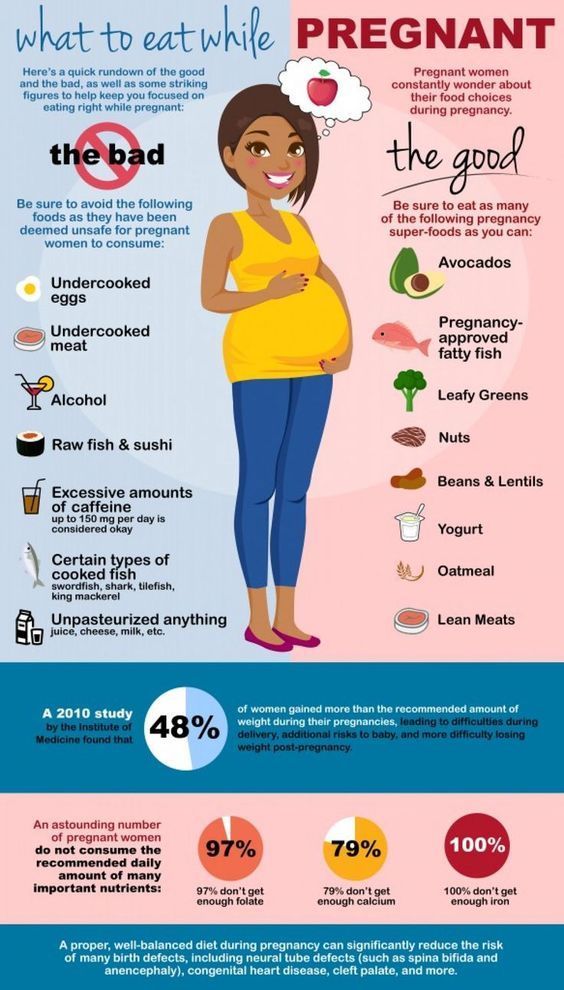
Of course, the researchers couldn't ask women to drink the prescribed amount of coffee during pregnancy to assess health risks. This would be highly unethical.
Instead, they used genetic analysis to mimic a randomized controlled trial. Let us explain that this is the highest quality standard of scientific work in the view of modern scientists. nine0003
The researchers used a method called Mendelian randomization. ( It is named after the eminent biologist Gregor Mendel. ) Scientists have studied whether eight genetic variants that predict how much coffee a pregnant woman consumes are also associated with birth outcomes.
As a result, genetic analysis showed that women who drank coffee did not have an increased risk of miscarriage, stillbirth or preterm birth.
The researchers emphasize that only certain adverse pregnancy outcomes were considered in their work, and it is possible that caffeine intake may affect some other important aspects of fetal development.


